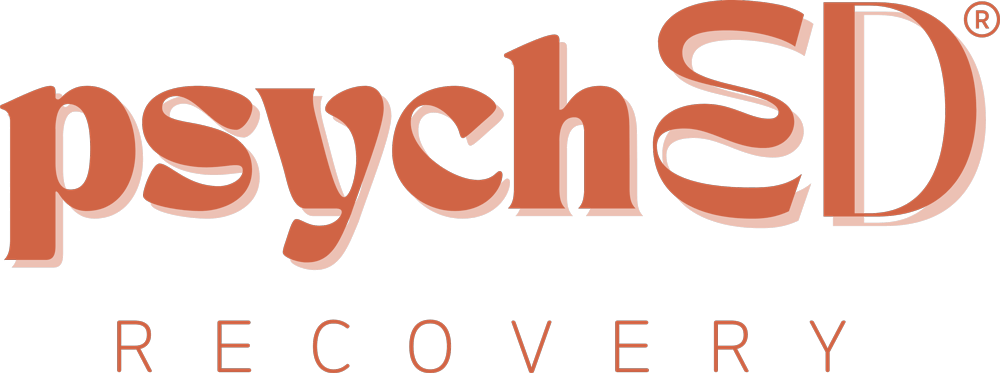Understanding Health At Every Size® (HAES) & How it Applies to the Treatment of Eating Disorders

The Health At Every Size® movement was created by the Association for Size Diversity and Health (ASDAH), a non-profit organization founded in 2003. According to ASDAH, “The Health At Every Size® movement is a continuously evolving alternative to the weight-centered approach to treating clients and patients of all sizes. It is also a movement working to promote size acceptance, to end weight discrimination and stigma, and to lessen the cultural obsession with weight loss and thinness.”
The Health At Every Size® principles consist of the following:
- Weight Inclusivity
- Health Enhancement
- Eating for Well-Being
- Respectful Care
- Life-Enhancing Movement
I encourage you to read more in depth about each of these HAES® principles on the ASDAH website linked below for your reference:
I do not believe that we can really talk about HAES® and eating disorders without addressing weight stigma.
I am a firm believer that regardless of your size, age, gender, race, or socioeconomic status, you are impacted by weight stigma in our society and it is harmful and hurtful for everyone. It is especially harmful if you suffer from body dysmorphia, disordered eating, or an eating disorder. And is especially harmful for those in larger bodies.
Some examples of weight stigma:
- Any comment about anyone’s body or any comment about your own body to others. For example, “I look so fat today” insinuating fat as a negative trait or “You’re not fat, you’re beautiful” insinuating fat is ugly and cannot be beautiful or “You look so good! Have you lost weight?” insinuating weight loss makes people look better and again, fat is bad.
- A person addicted to amphetamines being praised by friends and family for losing weight despite struggling with a severe and dangerous addiction no one knows about
- An individual with an eating disorder living in shame and secrecy being praised by their doctor for being “healthy” as their body is shrinking
- An individual with an eating disorder living in shame and secrecy being criticized by their doctor for gaining weight and being encouraged to go on a restrictive diet, exercise more, or consider extreme measures such as surgery.
- An individual in a larger body who has Type 2 Diabetes being told to lose weight and exercise in lieu of providing evidence based and life saving medication that someone in a smaller body with the same diagnosis would have likely been offered
- Individuals in smaller bodies being incredibly fearful of gaining weight or their bodies changing because deep down they know that people in larger bodies are criticized, shamed, and treated differently and do not want to experience that
- Individuals in larger bodies doing everything they can to shrink themselves including harmful diets or medications or extreme and permanent changes to their body via surgery
These are just some of the many examples. Honestly, this list could be endless. I barely even scratched the surface but I hope this is helpful to understand the concept and see it does impact us all, regardless of size.
The main concept to weight stigma is recognizing that their is a bias against people in larger bodies and the bigger your body is on the size and weight spectrum, the more stigma you are likely to experience in society. Whereas the smaller you are on the weight spectrum, the more thin privilege you are likely to experience. Many people in larger bodies are chasing thinness with the hope of thin privilege whereas people in smaller bodies that have thin privilege and are terrified to lose it. To make it worse, you are praised along the way for pursuing the thin ideal despite the harmful effects of yo-yo dieting, shame when your body doesn’t change like you want it to, guilt for eating things you enjoy, and using up so much of your time, money, and brain space that you could be using elsewhere. And around and around we go until we are ready to let go of the thin ideal, recognize our bodies were never the problem, that the diets don’t work and leave us feeling worse than we did before we started the diet, and take care of and appreciate the bodies we have and all they do for us daily.
your healing journey Today.
